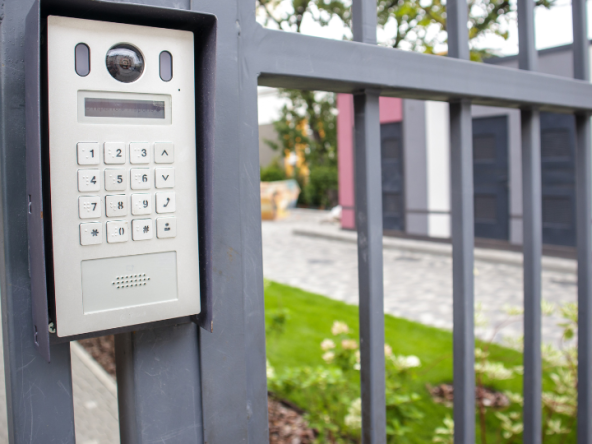Introduction:
For young working individuals, the decision of whether to buy a house as soon as they can afford it or to wait until they have saved up more funds and increased their income can be a significant dilemma. On one hand, early homeownership offers a sense of stability and potential equity growth. On the other hand, delaying the purchase allows for saving and potentially affording a larger, better home in the future. Additionally, renting provides flexibility but may feel like “paying someone else’s bond.” In this article, we will deliberate the pros and cons of buying a house early versus waiting, and consider the alternative of renting.
Buying a House Early:
Pros:
- Building Equity: Buying a house early allows individuals to start building equity, which can be an advantageous long-term investment. Over time, as the property appreciates in value, homeowners can build wealth and potentially benefit from selling the property at a higher price.
- Stability and Personalization: Owning a home provides a sense of stability, as individuals have control over their living space and can personalize it to their liking. Homeowners can enjoy the freedom to make changes, renovations, and improvements according to their preferences.
- Potential Tax Benefits: Homeownership often comes with potential tax benefits, such as deductions for mortgage interest payments and property taxes. These benefits can help reduce the overall tax burden and potentially increase disposable income.
Cons:
- Limited Financial Flexibility: Buying a house early requires a significant financial commitment, including a down payment, closing costs, and mortgage payments. This commitment may limit individuals’ financial flexibility, making it challenging to allocate funds for other important goals, such as further education, travel, or starting a business.
- Limited Options: Young individuals may have limited options in terms of the type, size, or location of the property they can afford. Buying early may mean compromising on certain preferences or settling for a property that may not meet their long-term needs.
Waiting and Saving:
Pros:
- Increased Affordability: Waiting to buy a house allows individuals to save more money, which can contribute to a larger down payment and potentially afford a bigger, better home in the future. Increased income over time may also enable them to comfortably handle larger mortgage payments.
- Financial Flexibility: Saving money instead of immediately buying a house provides individuals with greater financial flexibility. They can allocate funds for emergencies, investments, or other important life goals, reducing financial stress and increasing options in the long run.
Cons:
- Potential for Rising House Prices: The real estate market is dynamic, and delaying homeownership may lead to rising house prices, making it more challenging to afford desired properties in the future. This may result in individuals having to compromise on their preferences or location.
- Missed Opportunities: Delaying homeownership means missing out on the potential benefits of building equity and enjoying the stability and personalization that comes with owning a home. It also means continuing to pay rent, which may feel like “paying someone else’s bond” without accumulating equity.
Renting:
Pros:
- Flexibility: Renting offers flexibility, allowing individuals to easily relocate for work or personal reasons without the burdens of selling a property. It provides the freedom to explore different neighborhoods or cities before committing to a long-term living situation.
- Lower Financial Commitment: Renting typically requires a smaller upfront financial commitment compared to buying a house. It may offer individuals the opportunity to save more money or invest in other areas of their lives, such as education, travel, or personal development.
Cons:
- No Equity Building: Renting means paying monthly rent without accumulating equity or building wealth through property ownership. The money paid goes towards someone else’s mortgage rather than investing in personal wealth creation.
- Lack of Control: Renting limits individuals’ control over their living space. They may face restrictions on making changes or personalizing the property to their liking. Additionally, rental agreements are subject to potential rent increases or changes in property ownership.
Conclusion:
The decision of whether to buy a house as soon as one can afford it or to wait and save funds depends on personal circumstances and priorities. Early homeownership offers stability, potential equity growth, and personalization, but it comes with financial commitments and limited flexibility. Waiting and saving allow for increased affordability and financial flexibility but may result in missed opportunities or rising house prices. Renting provides flexibility and lower financial commitment but lacks equity building and control over the living space. It is essential for young working individuals to carefully consider their financial situation, long-term goals, and personal preferences when making this significant decision. Consulting with financial advisors and real estate professionals can provide valuable insights to help make an informed choice that aligns with individual circumstances and aspirations.







